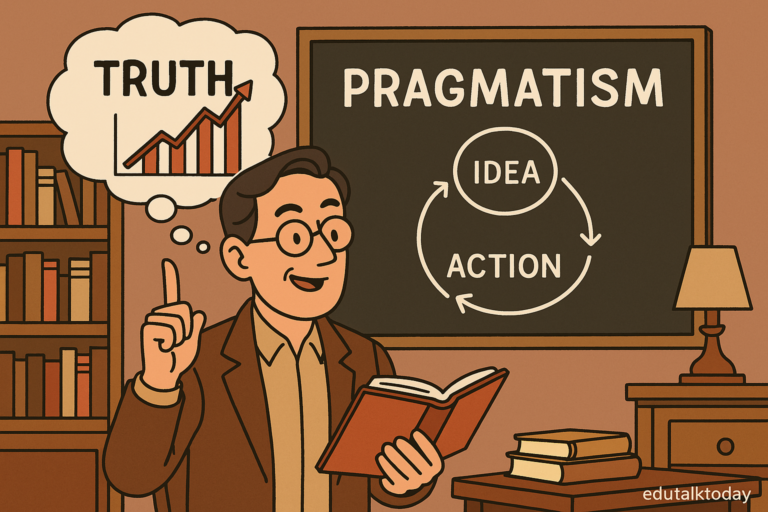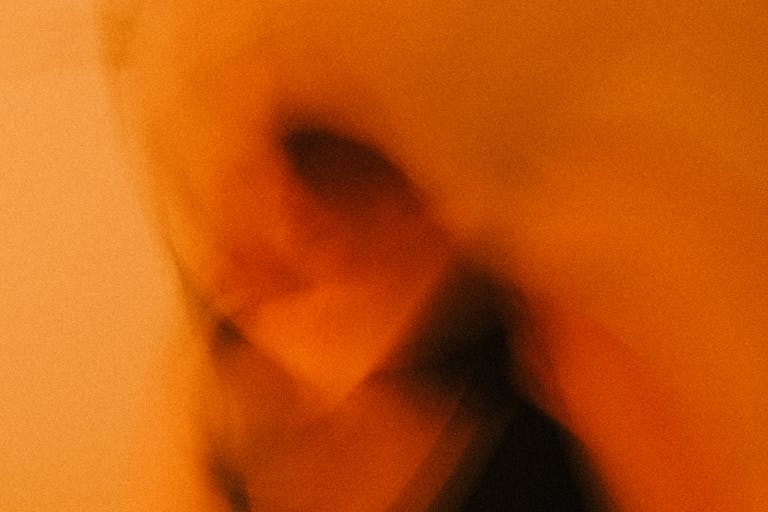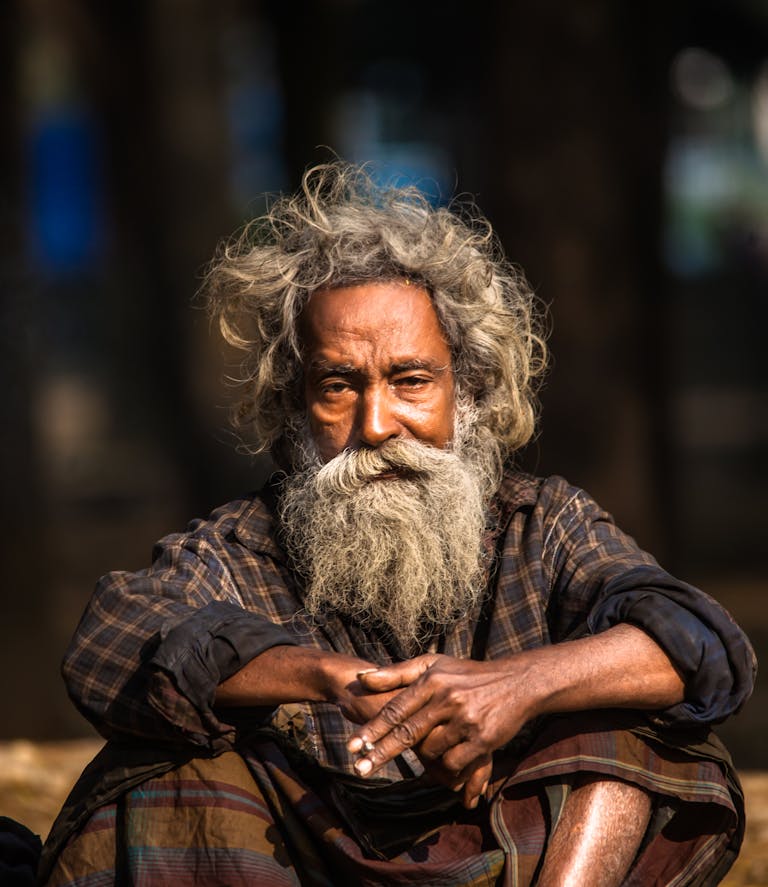What Different Things Do Hegel Marx and Sartre Each Mean When Speaking of Freedom
Freedom is one of those slippery words we all think we understand until we stop and actually try to define it. In everyday life, it often means the ability to do what you want without interference.
But when philosophers in the Continental tradition—thinkers like Hegel, Marx, and Sartre—talk about freedom, they’re digging into something much deeper. They’re asking: what makes us truly free? Is it living without rules, or is it living with the right kind of rules?
Is freedom about breaking away from society, or does it only make sense inside society?
These are questions that sound abstract, but they shape how we think about politics, justice, and even personal choices.
And trust me, once you start seeing freedom the way these thinkers do, it changes how you look at everything from democracy to your own daily decisions.
Hegel and the idea of the rational state
When I first read Hegel, I’ll be honest—it felt like trying to swim through molasses. His sentences stretch on forever, and you’re constantly flipping back to make sure you didn’t miss a step.
But once I got past the dense language, I realized he was saying something fascinating: freedom isn’t just doing whatever you feel like; real freedom happens inside a community that makes sense.
Think about it this way: imagine driving on a highway with no traffic rules. At first, that might sound liberating—you can speed, swerve, and ignore stoplights. But in reality, it would be chaos. Crashes would happen constantly, and you’d probably feel more trapped than free. Now, put in traffic laws, speed limits, and clear lanes. Suddenly, everyone can get where they need to go safely. That’s closer to how Hegel thought about freedom. He believed that laws and institutions, when rationally designed, don’t limit us—they actually make freedom possible.
Recognition matters
Another big piece of Hegel’s puzzle is recognition. He argued that we only really become free when others recognize us as free beings. Picture a child growing up. At first, their “freedom” is just running around without much thought. But as they mature, they enter relationships where others see them as responsible individuals. That recognition—from parents, teachers, friends—actually deepens their freedom.
This is why Hegel talked so much about the “ethical life” (or Sittlichkeit, if you want the German). It’s the shared world of family, civil society, and the state, where we recognize each other and create structures that allow freedom to flourish. Without that, we’d be stuck in what he called the “state of nature,” where freedom looks more like survival-of-the-fittest than genuine self-determination.
Why the state isn’t the enemy
Now, this might sound strange if you’re used to thinking about the state as a bossy institution that tells you what to do. Hegel flips that on its head. For him, the rational state is actually the space where freedom fully blossoms. It’s not about controlling individuals but creating the conditions where individual and collective freedom line up.
Take voting, for example. On the surface, casting a ballot is just one small action. But in Hegel’s framework, it’s much bigger—it’s you participating in a rational system where laws reflect the will of the people. By voting, you’re not losing freedom to the state; you’re helping to shape the very order that makes freedom real.
A modern example
Let’s bring this closer to today. Think about debates around mask mandates during the pandemic. Some people saw them as an attack on personal freedom. But from a Hegelian perspective, the rule wasn’t about crushing individuality—it was about preserving the collective conditions (public health, functioning hospitals) that make everyone’s freedom possible. In other words, a rational rule, properly understood, doesn’t kill freedom—it protects it.
This doesn’t mean Hegel thought every existing government is automatically rational. He was careful to say that only when laws and institutions are based on reason—not tradition, not sheer power—do they embody freedom. That’s why he celebrated constitutional governments over monarchies that ruled by divine right.
Why Hegel’s idea still matters
I think Hegel’s insight is powerful because it challenges the common idea that freedom is just “me doing my own thing.” If that were true, the strongest person would be the freest, which doesn’t sound very free for the rest of us. Instead, he shows that freedom grows out of community, recognition, and shared institutions.
So next time you hear someone say “the government is limiting my freedom,” you might pause and ask: are they actually? Or are they, in Hegel’s sense, setting up the rational structures that make freedom more real for everyone? It’s not always a clear-cut answer, but it’s the kind of question Hegel forces us to wrestle with—and that’s why his work still has so much bite today.
Marx and the dream of a classless society
If Hegel thought freedom came alive in the rational state, Marx looked around at the actual states of his time and basically said, “Nope, this isn’t it.” He saw governments, laws, and even morality as deeply tied to the economic system that produced them. And for him, that system—capitalism—wasn’t about freedom at all. It was about alienation.
I remember the first time I really got Marx’s idea of alienation. I was working a dull retail job, standing at the cash register scanning items for hours, and it hit me: this work isn’t me. I didn’t care about the products, I had no say in how things were run, and the company would replace me in a heartbeat. That’s what Marx meant by alienation—when your labor feels disconnected from your humanity. Instead of shaping the world creatively, you feel like a cog in someone else’s machine.
Freedom as material, not just spiritual
Marx thought philosophers like Hegel got something right—freedom isn’t just “doing whatever.” But he also thought they missed the real heart of the issue. You can’t be truly free if you’re stuck worrying about survival all the time. What good is political recognition if you don’t have food, housing, or time to live fully? For Marx, freedom wasn’t some abstract right—it was material. It had to do with how society was organized to meet people’s needs.
This is why Marx focused so much on class. Under capitalism, one class—the bourgeoisie—controls the means of production, while another class—the proletariat—sells its labor just to get by. That division, he argued, traps everyone in relationships of domination and dependence. You can’t call that freedom.
Key elements of Marx’s vision
Marx didn’t just critique; he offered a vision, though it’s more like a direction than a blueprint. Here are some of the big pieces:
- Abolition of private property. And to be clear, he didn’t mean your toothbrush or your grandma’s photo albums. He meant private ownership of the means of production—factories, land, big businesses. He thought those concentrated resources allowed a few people to profit off the work of many.
- Collective ownership. Instead of one class ruling another, society as a whole would own and manage production. That way, resources would serve everyone’s needs, not just shareholders’ profits.
- Freedom through cooperation. Imagine working not because you’ll starve otherwise, but because you genuinely want to contribute to something bigger. Marx believed human beings thrive in collective, creative labor—not in competition where winners take all.
- The withering away of the state. Here’s where it gets radical. For Marx, the state isn’t some neutral arbiter; it’s a tool for one class to control another. Once classes disappeared, he thought the state itself would fade away. Why would we need coercive structures if no one had power over anyone else?
What would freedom look like?
It’s tempting to say Marx’s dream sounds utopian, and in some ways, it is. But it’s also a sharp reminder that our everyday ideas of freedom—like “choosing a career” or “buying what you want”—aren’t always so free. Think about student debt. How many people “choose” their careers under the weight of financial survival rather than genuine passion? Marx would say that’s not freedom at all; that’s economic compulsion dressed up as choice.
There’s also his famous line: “From each according to his ability, to each according to his needs.” That captures the essence of his classless society. True freedom, in his mind, was when people could develop their abilities without fear and share in the wealth of society without anxiety.
Modern echoes
Even if you don’t buy into the full Marxist project, his critique still resonates today. Think about conversations around universal healthcare or a living wage. At the core, those debates are about whether freedom means the absence of government interference or the presence of basic security. For Marx, it was definitely the latter.
And honestly, when I hear about people working three jobs just to survive, I can’t help but think Marx had a point. What kind of freedom is it if you’re too exhausted to even think about what you want to do with your life?
Marx forces us to see that freedom isn’t just a legal status. It’s about the material conditions that either open or close the door to living fully as a human being. And whether you agree with his solutions or not, that’s a question we’re still wrestling with.
Sartre and the heavy weight of freedom
If Hegel gave us freedom through the state and Marx through classless cooperation, Sartre takes us in a totally different direction: freedom is radical, individual, and terrifying. He flips the whole discussion inward, into the messiness of human existence.
When Sartre said “man is condemned to be free,” I remember stopping and rereading the line. Condemned? Isn’t freedom supposed to be a good thing? But for Sartre, the word condemned captured the fact that we don’t choose to be free—it’s just part of what it means to be human. You can’t escape it.
Freedom as responsibility
Sartre’s basic claim is that there’s no God, no cosmic plan, no universal essence telling us what we must be. That sounds liberating at first, but here’s the kicker: if nothing else defines us, then we’re 100% responsible for creating ourselves through our choices. Every single decision carries the weight of defining not just who you are, but what it means to be human.
That’s the burden part. It’s like staring at a blank canvas and realizing you’re the one who has to paint it. Exciting? Sure. But also terrifying.
Bad faith
Because that responsibility is so heavy, Sartre says we often run from it. He calls this “bad faith.” Imagine someone stuck in a miserable job who says, “I can’t leave—I don’t have a choice.” Sartre would say that’s bad faith. Of course you have a choice—you could quit, move, rebel. But it’s easier to pretend you’re trapped than to face the terrifying openness of freedom.
We do this all the time. Think about how often people blame fate, society, or even personality tests (“I’m just not that kind of person”) to dodge responsibility. Sartre’s point isn’t that outside pressures don’t exist; it’s that we still choose how to respond. Even not acting is a choice.
Authenticity
The opposite of bad faith is authenticity—owning your freedom fully. It means saying, “Yeah, this is my life, my choice, and I can’t pin it on anyone else.” That doesn’t make choices easier, but it does make them real.
Here are a few of Sartre’s key ideas boiled down:
- Condemned to be free. Freedom isn’t optional—it’s baked into existence.
- Bad faith. The temptation to flee from freedom by pretending we have no choice.
- Authenticity. The courage to face our radical responsibility head-on.
Why Sartre still hits home
If you’ve ever had a moment where you realized no one else can tell you what to do with your life—that it’s on you—you’ve felt Sartre’s philosophy. Maybe it’s deciding whether to end a relationship, change careers, or speak up when everyone else is silent. There’s no rulebook, no guarantee you’ll choose “right.” That’s both the gift and the curse of freedom.
And honestly, I find Sartre refreshing in a weird way. In a world full of experts, influencers, and systems telling us what to do, he reminds us that no one can take away our responsibility for ourselves. Even if society puts limits on us, even if material conditions make choices harder (and Marx would want to shout here), Sartre says the final leap is always ours.
A story to bring it home
One of Sartre’s most famous examples comes from World War II. A young man came to him torn between joining the resistance or staying home to care for his mother. No philosophy, no religion could give him the answer. Sartre told him: it’s up to you. That’s freedom—you decide, and in deciding, you define yourself.
That example stuck with me. Because whether or not we’re facing war, we all face moments where there’s no clear path. Sartre doesn’t sugarcoat it: freedom is heavy. But he also insists it’s real.
Final Thoughts
Hegel, Marx, Sartre—they couldn’t be more different, but together they sketch out a map of what freedom might mean. Hegel shows us that freedom needs community and recognition. Marx reminds us that without material security, talk of freedom rings hollow. And Sartre forces us to face the raw, sometimes frightening responsibility of choice.
None of them give us an easy answer, but maybe that’s the point. Freedom isn’t simple. It’s layered, demanding, and sometimes contradictory. And honestly, that’s what makes it worth exploring. Every time we wrestle with these thinkers, we sharpen our own sense of what it means to live free—both in society and in ourselves.





